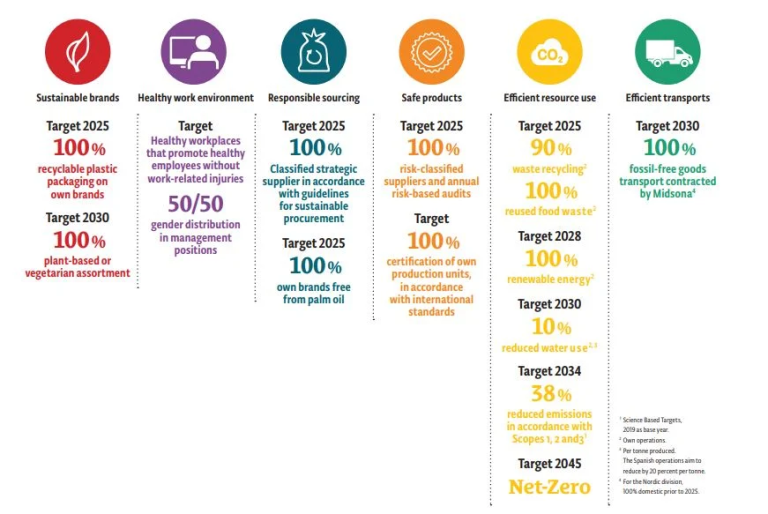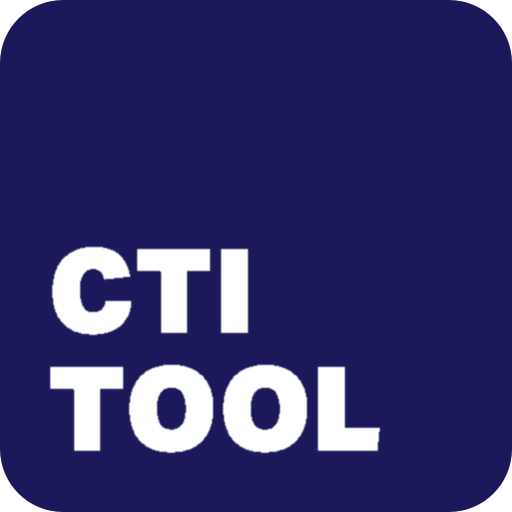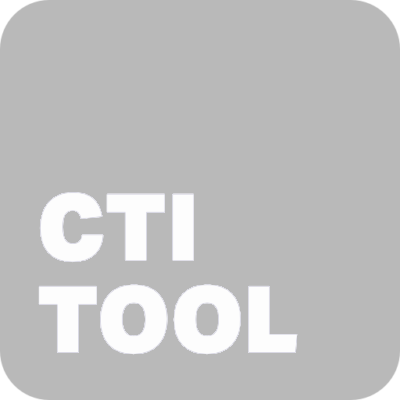Measuring KPIs for Sustainability: The Ultimate Guide with CTI Tool

Circular IQ’s CTI Tool is the WBCSD endorsed software tool for effectively measuring CTI and leveraging these insights.
Introduction
Why KPIs for Sustainability are Crucial
Top KPIs to Consider
% recycled and/or renewable inflow: Understanding your company’s material flows and making sure you don’t depend on virgin and non-renewable inputs is becoming more and more important. CTI Tool offers comprehensive workflows and analytics capabilities to measure and increase recycled and renewable inputs.
% material circularity: This is a key-indicator for demonstrating your impact on resource depletion and waste generation CTI Tool’s robust analytics can help you identify areas where you have the biggest potential for improvement.
% circular outflow: Keeping materials in the loop and avoiding waste is crucial. CTI Tool provides insights into areas where you lose potential for recovery, reuse and refurbishment, helping you to increase recovery rates and decrease waste.
Avoided Carbon Emissions: Up to two thirds of your potential to avoid emissions is linked to material composition. CTI Tool helps you to increase recycled and renewable inflow to avoid and decrease your emissions effectively.
How CTI Tool Makes a Difference
- Data Transparency : CTI Tool offers a clear framework for documenting and presenting material-data, aligning perfectly with CSRD’s and ESRS-E5’s emphasis on transparent sustainability reporting.
- Risk Assessment : The tool identifies potential sustainability risks, a core requirement of the CSRD, allowing you to take proactive measures.
- Supply Chain Assessment : CTI Tool integrates seamlessly with other reporting tools and systems, making it easier to compile comprehensive sustainability reports.
Conclusion
Take the Next Step in Your Circular Journey
Ready to make the CEAP's ambitious visions a reality? Sign up for a free CTI Tool account today and take the first step in revolutionizing your approach to sustainability.
Contact Roy for more info
Book a meeting or connect via linkedin




